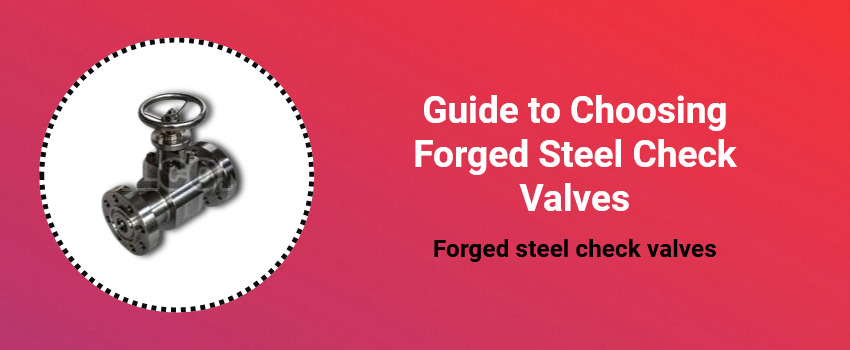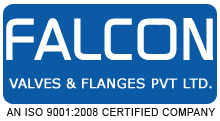sales@fvfindia.com View Mobile Number
Guide To Choosing Forged Steel Check Valves
Posted by Admin on November, 01, 2024

Forged steel check valves are often crucial components in many industries. These valves ensure the unidirectional flow of liquids and gases while preventing backflow. They have been specifically designed for applications with high-pressure and high-temperature conditions to achieve satisfactory service. From the above information on the benefits, types, and selection criteria for these valves, you can guide yourself through picking a suitable valve in your system.
The major advantages of forged steel check valves are extreme resistance to great conditions and durability. During the process of forging, a compact, strong structure develops with a strong resistance to cracks, leaks, and wear. These valves tend, therefore, to have a longer service life compared to their cast counterparts. In addition, the forged steel check valves are sealed perfectly. Because of the highly leak-tight seal, wide applications are made in areas such as oil and gas, petrochemical, and even power sectors.
Another great advantage is their resistance to high-pressure and high-temperature operating conditions. These valves can resist pressure ratings that exceed those of valves made of other materials. The toughness of forged steel makes it an excellent material for use in extreme service conditions where safety and reliability are at their best.
Types of Forged Steel Check Valves
Amongst the several types of forged steel check valves, many can be produced for specific applications and requirements regarding operation. The most common types include swing check valves, piston check valves, and ball check valves.
● Swing check valves are the best for applications requiring a low-resistance flow, as they consist of a swinging disc that moves out in the direct flow direction. In the case of reverting flow, this disc swings back to shut off backflow.
● Piston check valves will best be suited for a system with greater pressure, wherein a piston moves to act according to the flow and can either pass or stop it. These types are generally utilized under high-pressure applications in steam or water services.
● Ball check valves: The opening and closing of the passage depend on the direction of flow as a ball moves through the valve body. This is applied in small systems or where space is not available for the fluid to pass through due to an open-spaced area that is restricted.
Important Selection Considerations for Forged Steel Check Valves
Numerous considerations must be made when one selects forged steel check valves for the system. First, one needs to know the operating conditions. They comprise pressure, temperature, and the nature of the fluid. Forged steel is strength-intensive, but it requires matching a valve to the specific requirements that characterize an application. The size and connection of the valve should match that of piping in your system, and the right type of connection should be chosen; this can be in terms of threaded, flanged, or welded, depending on the requirements for installation.
Finally, check out how much maintenance you are going to need. Forged steel check valves are minimal maintenance, but periodic inspections can help your valve last as long as possible and perform at an optimal level. Proper installation and routine checks can help prevent the following potential problems: leaks and blockages.
Conclusion
In summary, forged steel check valves have several benefits, including strength, high-pressure resistance, and good sealing. It would be considered essential to determine the type of valve required along with its operating conditions and maintenance needs before selecting the right valve for a system. As such, a proper fluid or gas system will function smoothly and efficiently when using a good-quality forged steel check valve.
Search
Category
Recent Posts

Leave a Comment